The past two years have taught many of us hard, and potentially devastating, lessons. As we look back at all that has happened, hopefully we are able to recognize the importance of family and hospitality. From the limitations on gatherings, to the covering of an essential aspect of our faces, to the stress and anxiety everyone has felt, we have all experienced isolation and/or been made to feel misunderstood. Yet our need for community is found in the very core of who we are as persons made in the image and likeness of our triune God. In Genesis 2, we read that it is not good for man to be alone. While this specifically refers to the Sacrament of Marriage, it also refers to our need for community. As Pope Benedict XVI wrote in his encyclical on hope, “Our lives are involved with one another, through innumerable interactions they are linked together. No one lives alone.”

When looking at these aspects of family and hospitality, there are perhaps no two better saints than St. Benedict and his twin sister, St. Scholastica. Tradition tells us that these siblings would meet yearly at a house near the Benedictine Abbey of Monte Cassino. After one such meeting, where they would discuss matters of faith, holiness, and longing for Heaven, St. Scholastica desired not to part from her brother. Sad their day had come to an end, she implored the Lord that he stay the night. After her prayer, the countryside in the region was caught up in an incredible storm and St. Benedict was forced to stay. In a beautiful way, St. Scholastica’s love and desire to spend time with her brother was affirmed in this moment as a good. It was just three days after this extended meeting that St. Benedict had a dream of a dove rising to heaven. He knew then that his sister had died and their beautiful encounter had been their last while on this Earth.

Often the importance and goodness of family life can be overshadowed or thwarted by the demands of life. Instead of being present to our loved ones, we can let our familial duties and obligations seem more important than our families themselves, and we can become distracted by the many technologies and comforts of the modern world. Yet it is exactly our family and those in our closest circles that have been given to us as a great gift. Our obligations are a means to love them—not an end themselves. As St. Scholastica shows us in the above example, we never know what the future holds and must always love and be present as if it is our last moment.

Besides the importance of family, St. Benedict shows us the importance of hospitality. In his Rule (a short book of precepts for his monks written in 516), he writes, “All guests who present themselves are to be welcomed as Christ, for he himself will say: I was a stranger and you welcomed me (Matt 25:35).” While this Rule was written for the Benedictine monks of his order, it can be a motto for all Christians. If we truly believe all persons are made in the image and likeness of God, we must view the stranger, our neighbor, the person who sits next to us at Mass, or the person we often see at the gym, as Christ. Just as the Benedictines were called to welcome, we can take this precept as a call to welcome those we encounter in our own lives and invite them into our community.

What better way to celebrate the feast of St. Scholastica than by embracing two values that were near and dear to her and her brother’s hearts; hospitality and family. As we live the call of the Christian, let us imitate these saints and, in the words of Pope Emeritus Benedict XVI, “never limit ourselves to asking: how can I save myself? We should also ask: what can I do in order that others may be saved and that for them too the star of hope may rise? Then I will have done my utmost for my own personal salvation as well.” – Benedict XVI, “Spes Salvi”, 48.
